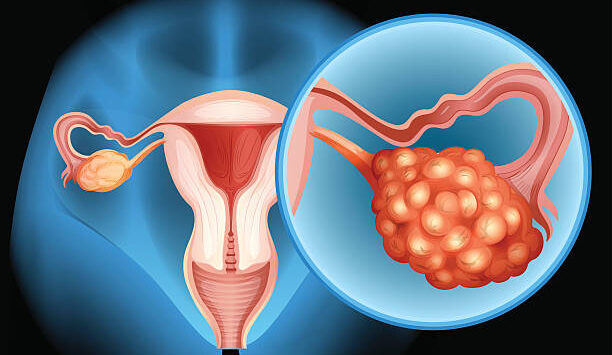Dana-Farber Cancer Institute shared on LinkedIn:
“Investigators at Dana-Farber are opening a new clinical trial to evaluate a novel type of immune cellular therapy in patients with recurrent, platinum resistant ovarian cancer. One of the first in the US to test ‘memory like’ natural killer (NK) cells in ovarian cancer.
NK cells are white blood cells that serve as a part of the body’s first line of defense against infections and disease. They can recognize and destroy cancer cells, making them a potentially potent anticancer therapy. However, natural NK cells lack the longevity and ability to remember previous infections, compared to other immune cells such as T cells.
Rizwan Romee, MD’s lab at Dana-Farber, has overcome some of these shortcomings by developing ‘memory-like NK cells,’ which are modulated in the lab to gain memory function, and then proliferate and persist longer within the body than standard NK cells. Preclinical work in ovarian cancer cell lines and mouse models have shown that these ‘memory like’ NK cells have generated strong anti-tumor responses. And studies involving memory-like NK cells in other cancer types have yielded encouraging initial results.
‘Novel and more effective therapies for our patients with recurrent ovarian cancer are very much needed,” said Rebecca Porter, a gynecologic medical oncologist at Dana-Farber and the principal investigator of the study.
Epithelial ovarian cancer is the fifth leading cause of cancer-related mortality in women with most patients presenting with advanced disease at the time of diagnosis. The 5-year survival across all stages is less than 50%, which decreases to approximately 30% for patients with advanced disease.
In the study led by Porter, NK cells are first harvested directly from the patient and are modulated in the lab to generate their memory-like properties, then administered back to patients. While the cells are being prepared, patients also receive chemotherapy to make the tumor microenvironment more favorable to the infused memory-like NK cells.
The primary objectives of the phase 1B study are to determine the safety, tolerability and maximum tolerated dose of NK cells, with secondary endpoints examining efficacy of the therapy. Patients must have received at least 3 lines of prior systemic therapy and be deemed platinum resistant. Eligible histologies include high grade endometrioid or high grade serous ovarian carcinoma.
Romee’s lab is also working to equip memory like NK cells with even more advanced tumor fighting abilities. Clinical studies involving NK cells armed with a novel chimeric antigen receptor will soon be underway.
‘I am firmly believe NK cell based therapies have a great potential to improve the outcomes of patients with advanced ovarian cancer and also allow us to further improve our knowledge about the underlying biology of this disease which will be critical for our future therapeutic strategies for these patients,’ added Romee.”




